LIFE
An Interview with Lisa Goldapple: The Mapmaker of the Future
By Jake Hamilton,
updated on Aug 30, 2017
updated on Aug 30, 2017
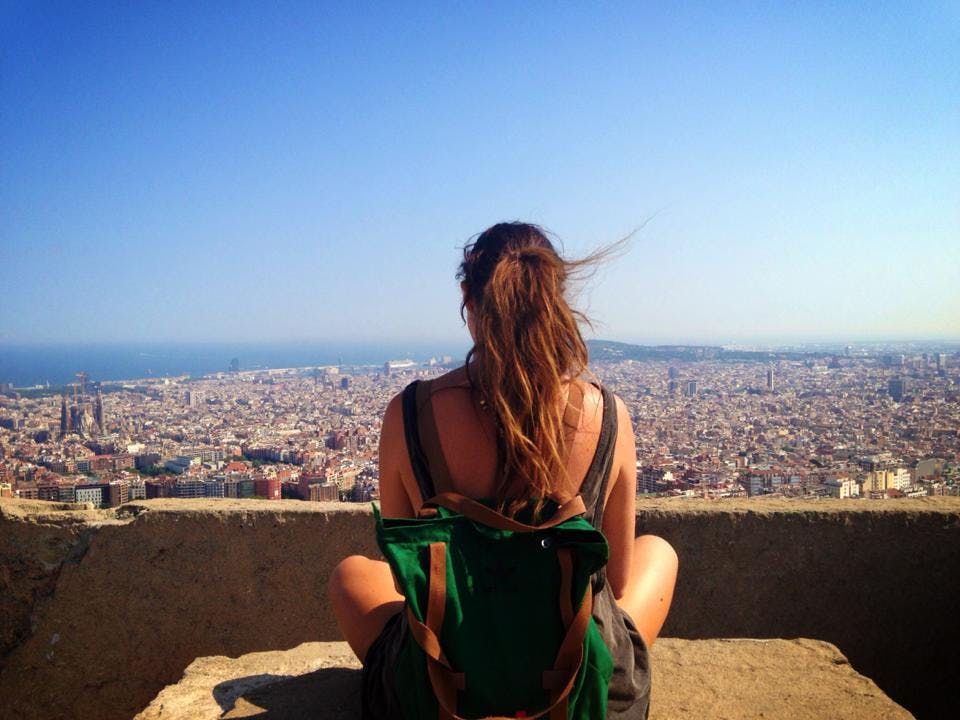
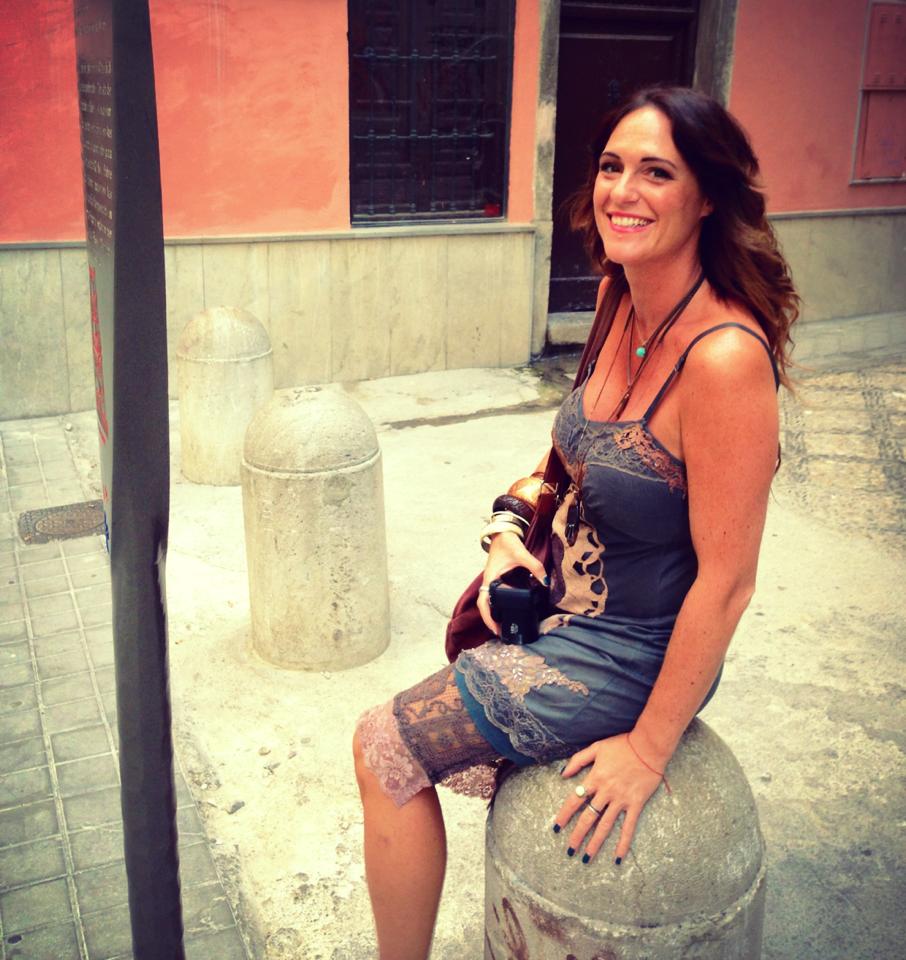
Editor-in-Chief Lisa Goldapple is raising the profiles of people who are working to create a better world – by charting an Atlas of the Future
Hi Lisa! What is Atlas of the Future?
Essentially, it’s a resource for hope. I don’t love the word platform, but our ultimate aim is to “democratise the future” by providing a platform for a world we should all be invested in. We want to shine a light on people who are putting their talent and energy into solving tomorrow’s challenges.
How did it come into existence?
We started [Atlas](https://atlasofthefuture.org/) in 2016. We were inspired by how the National Geographic Society came into existence over 125 years ago and wanted to apply to the future what they do with the Earth and nature. And of course, who doesn’t love a map?
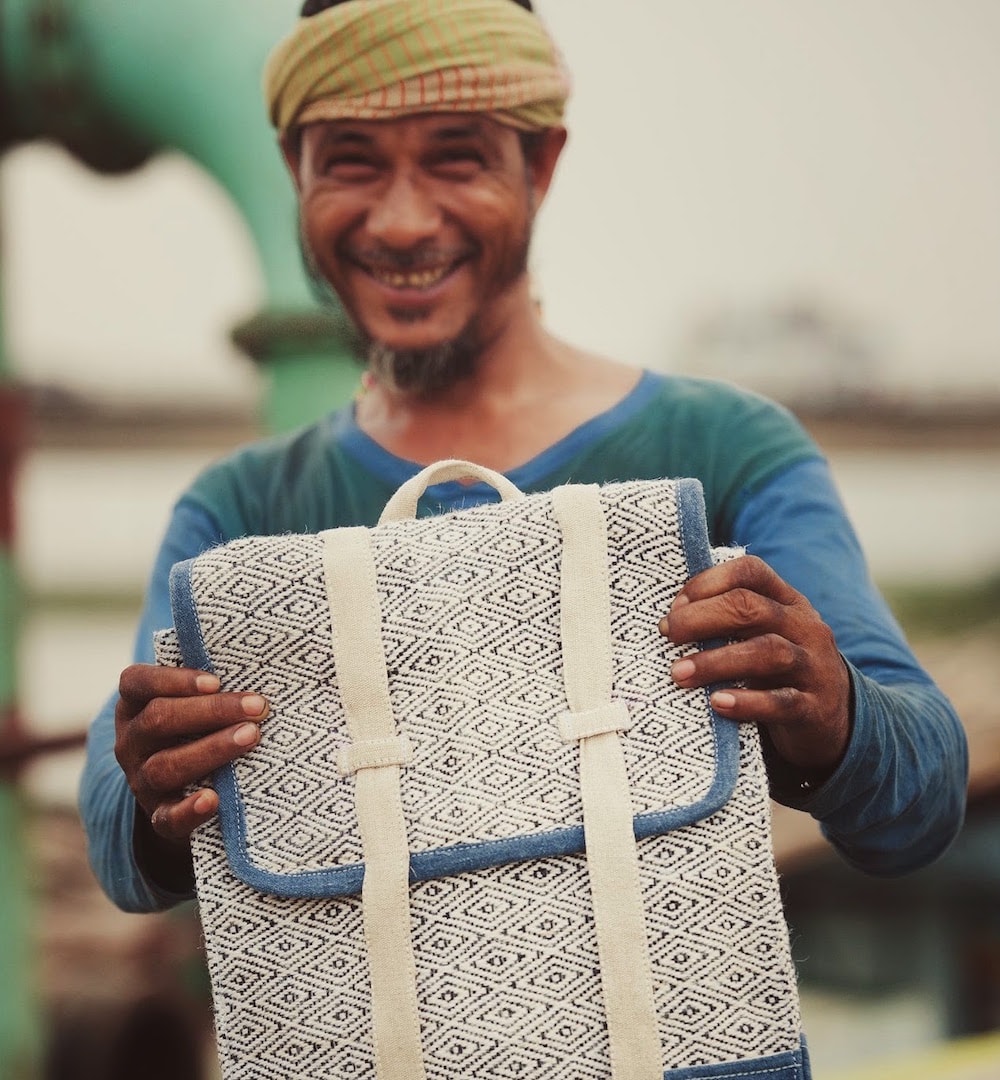
Do you predict the future?
We don’t pretend to predict the future, but we never realised how necessary this optimism would be! As part of a tiny team working with amazing people, I’m constantly encouraged by the positive responses from journalists, media outlets and sustainability experts in how problems are being solved and how to participate.
Why is Atlas of the Future important?
It’s not about us. The Atlas is a showcase for important innovations, so we are humbled by the people behind them. We believe a space is needed for people to speak “human” and we want to help people understand there is super-cool stuff in the world making things better. As our backgrounds are in media, we wanted to make a contribution. And you can too, by submitting a project.
We believe a space is needed for people to speak 'human and we want people to know there's super-cool stuff in the world making things better
Can you give us an example?
Sure, there’s a [vegan mayo CEO](https://atlasofthefuture.org/josh-tetrick-hampton-creek-video/) scrambling the future of food, a Devon [dairy farmer’s daughter](https://atlasofthefuture.org/atlaschart-rebecca-hosking-top-five/) who started a little environmental revolution, this 11-year-old [mini-literary activist](http://atlasofthefuture.org/futurehero-marley-dias-mini-literary-activist/); or a wonderful [wizard of Minecraft](https://atlasofthefuture.org/futurehero-adam-clarke-wonderful-wizard-of-minecraft/) who teaches people how to experience art, culture and politics.
What does “democratising the future” mean?
Someone once told me you should say complicated things in a simple way, not simple things in a complicated way. We want everyone to be able to understand the important things that affect us all and inspire more people to be part of creating a sustainable future that will truly benefit everyone, everywhere. It’s important to break down barriers and improve future literacy. We do this by making developments in [science](https://atlasofthefuture.org/?sfid=129&_sft_project_theme=science), [technology](https://atlasofthefuture.org/?sfid=129&_sft_project_theme=technology) and [culture](https://atlasofthefuture.org/?sfid=15356&s=culture) and across all areas of human endeavour more understandable, universal and accessible – and fun. There is so much joy in raising the value of the future-focused folk whose work will impact society.
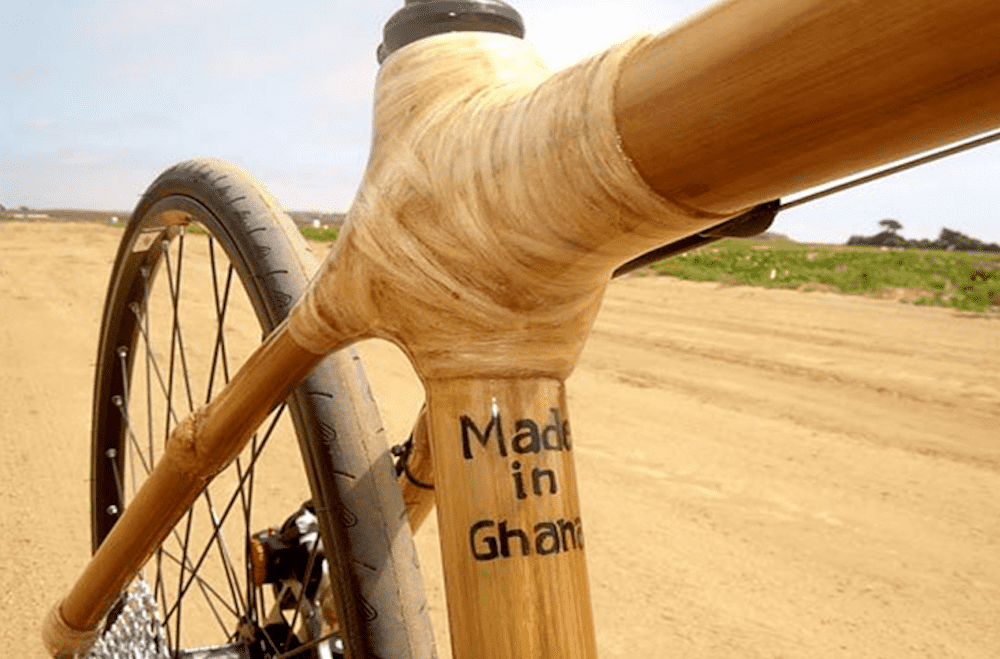
What’s the criteria for being in the Atlas?
Presently we have more than 500 projects mapped from the heart-shaped little [Arctic island of Uummannaq](http://atlasofthefuture.org/project/sledge-project/) to [Africa’s Bulambuli Valley](http://atlasofthefuture.org/project/communities-for-development/), touted as being 9,367 miles away from Silicon Valley. We want to have a big front door, and to be welcoming, but it’s important to stick to our three main criteria:
**1.** It must be real (not the stuff of science fiction).
**2.** It must be innovative (finds original solutions to the world’s problems – however big or small)
.
**3.** It must contribute to the greater good.
How do you help enterprises?
Other than raising the profiles of projects and the people behind them, we are working to add a call to action to each project and aiming to run a pilot about making connections between projects. We hope to connect people behind projects with similar objectives in a network with another level of mapping. For example, [Aware Girls](https://atlasofthefuture.org/project/aware-girls/) in Pakistan and [Skateistan](https://atlasofthefuture.org/surf-skate-liberate-skateistans-atlaschart-top-5/) in Afghanistan both work for empowerment. Georgia’s [Mosavali](http://atlasofthefuture.org/project/mosavali/) and India’s Digital Green both create video tutorials. (They call Digital Green the “American Idol for Indian farmers”.) The connections might result in unusual pairings, but where we see a real opportunity for a practical and inspiring exchange, like Uganda’s [Living Goods](https://atlasofthefuture.org/project/living-goods/) and Brazil’s [New Hope Ecotech](https://atlasofthefuture.org/project/new-hope-ecotech/).
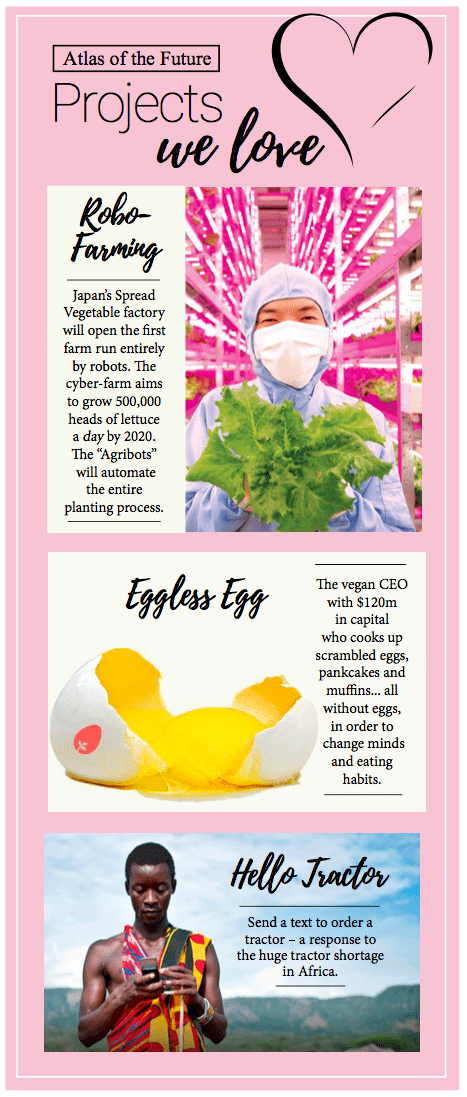
Can we survive as a species on this planet?
We’re at a really critical moment as the world needs to change more quickly than ever. As we push from seven billion to 10 billion people within a few short decades, businesses are already growing new models, but governments and civil society organisations also need to change. The better person to answer this question would be John ‘Grit in the Corporate Oyster’ Elkington. In partnership with UN Global Compact, we’re working with his team on a new web platform called [Project Breakthrough](http://breakthrough.unglobalcompact.org/) – an online showcase of “exponential sustainability”. That means breakthrough thinking to the power of 10. We're also creating the videos for the new [Carbon Productivity](https://atlasofthefuture.org/video-do-you-speak-carbon/) platform with [Covestro](https://www.covestro.com/), which spotlights the epic potential of the king of the elements and the brilliant minds beavering away to regenerate the planet's wobbly carbon cycle; and we're really excited about our new storytelling project, [CultureFutures](https://atlasofthefuture.org/project/culturefutures/). We've joined forces with Goldsmiths University and the British Council to map creative and cultural projects with a social mission. So, hurry up and [submit a project](https://atlasofthefuture.org/submit-a-project/) everyone! We all have a role to play.
How about the next generation? Are they on board?
It’s really encouraging that so many young people want to work in the field area of social good. It’s the old corporations who now have problems with attracting and retaining talent, because more and more young people want to make difference.
To get involved, head to atlasofthefuture.org

